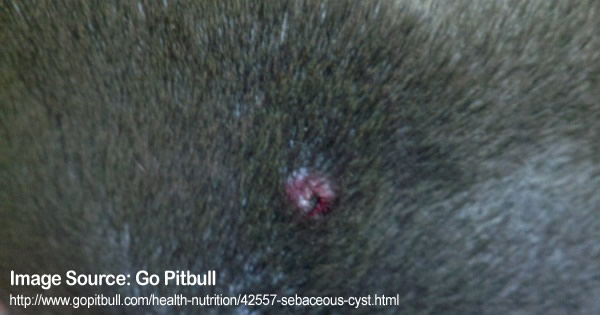
Cysts are common pet health problems that occur when space within the epidermal tissue condition of your pet fills with some form of liquid or solid matter. While some tumors have cysts in their centers, cysts are not cancerous. There are many different types of cysts including follicular, sweat glands, hereditary and those that develop due to trauma.
How Cysts Affects Your Pet
As stated above, cysts are very common in pets. While these small lumps may alarm you, especially if they are inflamed or weeping, cysts typically pose no serious threats to your pet. However, some forms of cysts can leave your dog or cat vulnerable to secondary bacterial infections.
Common Symptoms of Cysts
Cysts are quite easy to recognize in dogs and cats, and while they pose no serious health threats, it is best to treat them. In this way, you can be sure that your pet will not develop any infections. As such, if you notice your pet exhibiting any of the following symptoms, you should make an appointment to see your veterinarian. Common Symptoms of Cysts in Pets: Small, Soft Lumps, Lumps with or without a Foul-Smelling Discharge, Loss of Hair on and Around Lumps, Inflamed, Bluish or Dark-Colored Lumps, Blood-Filled Lumps and Ruptured Lumps.
Treatments for Cysts
Your veterinarian will need to use a needle to draw out some of the fluid in the cyst to determine a proper form of treatment. In some cases, a biopsy may be necessary. Typically, surgery or laser treatments are required to remove the cyst and prevent it from recurring. Antibiotics will be prescribed if there are any infections. Cysts caused by trauma usually heal on their own requiring little treatment beyond keeping the area clean and dry. After surgery, you will need to keep the area clean and bandaged until it heals. You will also need to prevent your pet from scratching at the surgical site and keep an eye out for any swelling or bleeding following the procedure.
Breeds Affected
While most any breed of dog or cat can develop cysts, some breeds of dogs are more vulnerable to them than others. Furthermore, there are several factors that can encourage the development of cysts in both dogs and cats. These breeds and factors are as follows. Common Breeds: Mexican Hairless, Chinese Cresteds
Pet Insurance
When adding a dog or cat to your family you want to make sure your pet is happy, healthy and protected. During its lifetime your pet is exposed to many illnesses and diseases and some breeds are affected by a congenital disease which is a condition existing at birth. At these moments when your pet is ill or maybe needs surgery, you want to be protected for the unexpected and high veterinarian costs.